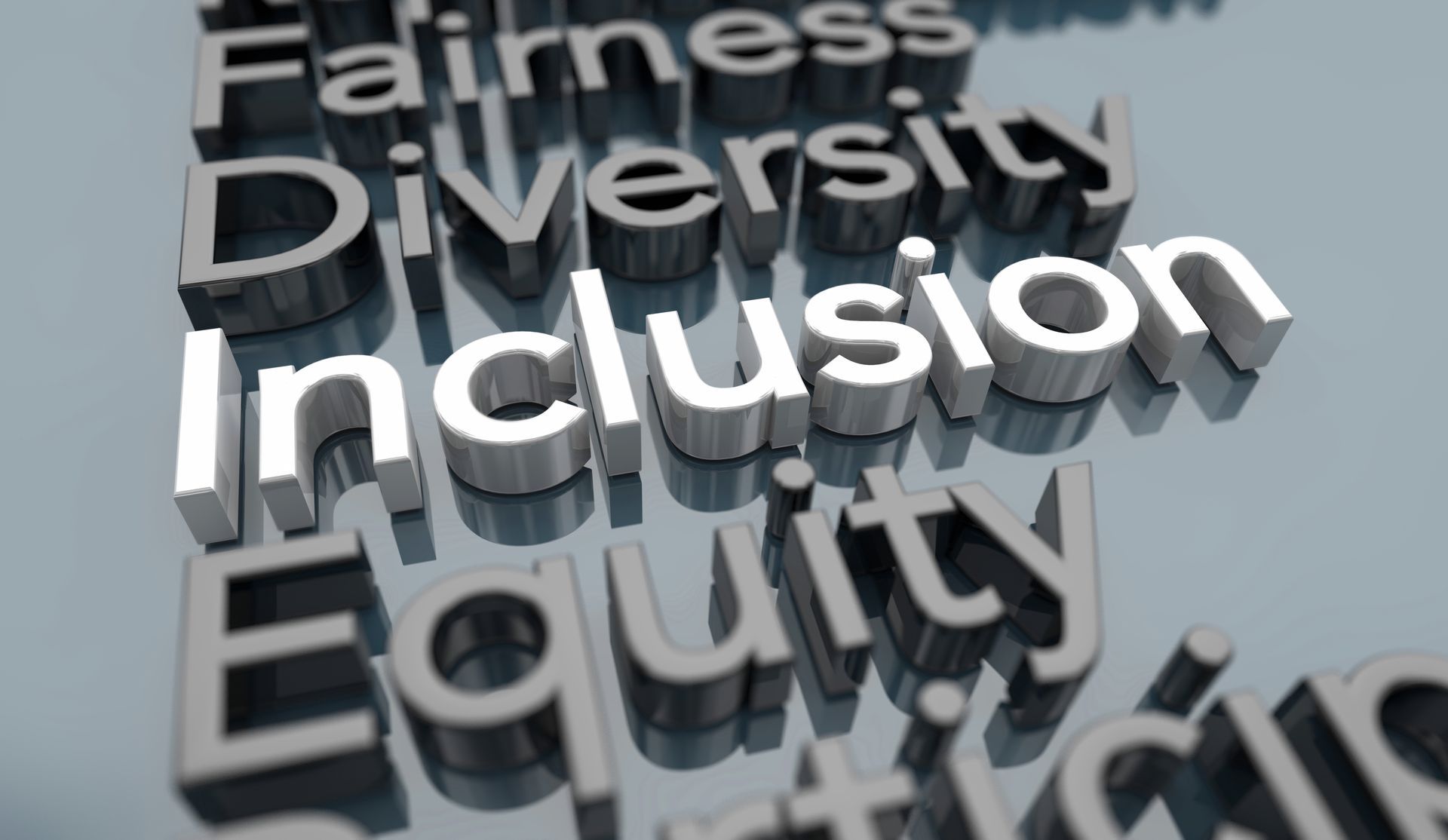
The future of work is no longer a distant concept—it's a reality that organizations across the globe are grappling with.
Technological advancements, demographic shifts, and societal changes are reshaping traditional employment models, challenging businesses to adapt or risk being left behind.
In this blog post, we'll explore the key trends shaping the future of work, discuss the importance of building resilient teams, and provide actionable strategies for navigating these changes effectively.
Understanding the Changing Dynamics of Work
The digital revolution has transformed the way we work, blurring the lines between physical and virtual environments.
Remote work has become increasingly prevalent, enabling organizations to tap into a global talent pool and offer employees greater flexibility.
At the same time, automation and artificial intelligence (AI) are automating routine tasks and augmenting human capabilities, fundamentally changing the nature of jobs across industries.
Demographic shifts are also reshaping the workforce, with millennials and Generation Z now comprising the majority of the labor market.
These younger generations bring new expectations and preferences to the workplace, valuing purpose-driven work, career development opportunities, and work-life balance.
Additionally, the COVID-19 pandemic has accelerated many of these trends, forcing organizations to adapt to remote work arrangements virtually overnight and accelerating the adoption of digital technologies.
Building Resilient Teams in the Face of Change
Building resilient teams is essential for organizations to thrive.
Resilient teams are agile, adaptable, and able to navigate change effectively, ensuring continuity and driving innovation even in the face of uncertainty.
So, how can organizations cultivate resilience within their teams?
Here are some strategies to consider:
Embrace a Growth Mindset
Encourage a culture of continuous learning and growth within your organization.
Provide employees with opportunities for upskilling and reskilling to keep pace with evolving job roles and technologies.
Celebrate experimentation and learning from failure, fostering a mindset of resilience and adaptability.
Foster Collaboration and Communication
Effective communication and collaboration are crucial for building resilient teams.
Encourage open dialogue, active listening, and constructive feedback to foster trust and cohesion among team members.
Leverage collaboration tools and platforms to facilitate seamless communication, especially in remote or hybrid work environments.
Prioritize Employee Well-being
Invest in the well-being of your employees by promoting work-life balance, mental health support, and flexibility.
Recognize the importance of holistic well-being, including physical, emotional, and social aspects.
Offer wellness programs, flexible work arrangements, and resources for managing stress and burnout.
Promote Diversity and Inclusion
Embrace diversity and inclusion within your organization, recognizing the value of diverse perspectives and experiences.
Foster a culture of belonging where all employees feel respected, valued, and empowered to contribute their unique insights.
Create opportunities for diverse talent to thrive and advance within the organization.
Embrace Technology and Innovation
Embrace digital technologies and innovation to enhance productivity, efficiency, and collaboration within your teams.
Leverage tools such as project management software, collaboration platforms, and AI-driven analytics to streamline workflows and drive informed decision-making.
Real-World Examples of Resilient Teams
Let's take a look at some real-world examples of organizations that have successfully built resilient teams:
- Netflix: Netflix is known for its culture of innovation and adaptability, exemplified by its successful transition from a DVD rental service to a leading streaming platform. The company empowers employees to take calculated risks, experiment with new ideas, and learn from failures, fostering a culture of resilience and continuous improvement.
- Google: Google prioritizes employee well-being and inclusion, offering a range of perks and benefits to support work-life balance and mental health. The company promotes diversity and inclusion through initiatives such as unconscious bias training, employee resource groups, and diverse hiring practices, creating a more inclusive and resilient workforce.
The future of work is dynamic and ever-changing, requiring organizations to build resilient teams capable of navigating uncertainty and driving innovation.
By embracing a growth mindset, fostering collaboration and communication, prioritizing employee well-being, promoting diversity and inclusion, and embracing technology and innovation, organizations can cultivate resilience within their teams and thrive in the face of change.
The journey towards building resilient teams is ongoing, but the rewards are immense—a workforce that is adaptable, agile, and ready to tackle whatever challenges the future may bring.










